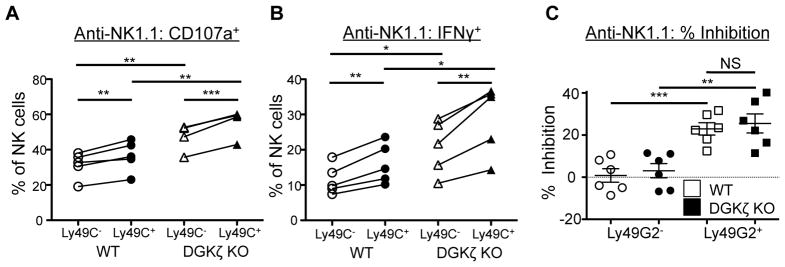Figure 7. DGKζ deficiency does not affect NK cell inhibitory receptor function.
A) Splenocytes from WT and DGKζ KO mice were stimulated with plate-bound anti-NK1.1 antibody. The proportion of Ly49C+ versus Ly49C−NK cells (CD3−DX5+NKp46+) labeled with anti-CD107a and B) intracellular anti-IFNγ antibody (right) is shown. Data shown is compiled from 2 independent experiments, N=5. C) Splenocytes from WT and DGKζ KO mice were stimulated with plate-bound anti-NK1.1 antibody in the absence or presence of anti-Ly49G2 antibody. The percentage inhibition of degranulation (as measured by anti-CD107a labeling) in Ly49G2− or Ly49G2+ NK cells by the addition of the anti-Ly49G2 antibody is shown by scatter plot. Data shown is compiled from 2 independent experiments, N=6.

